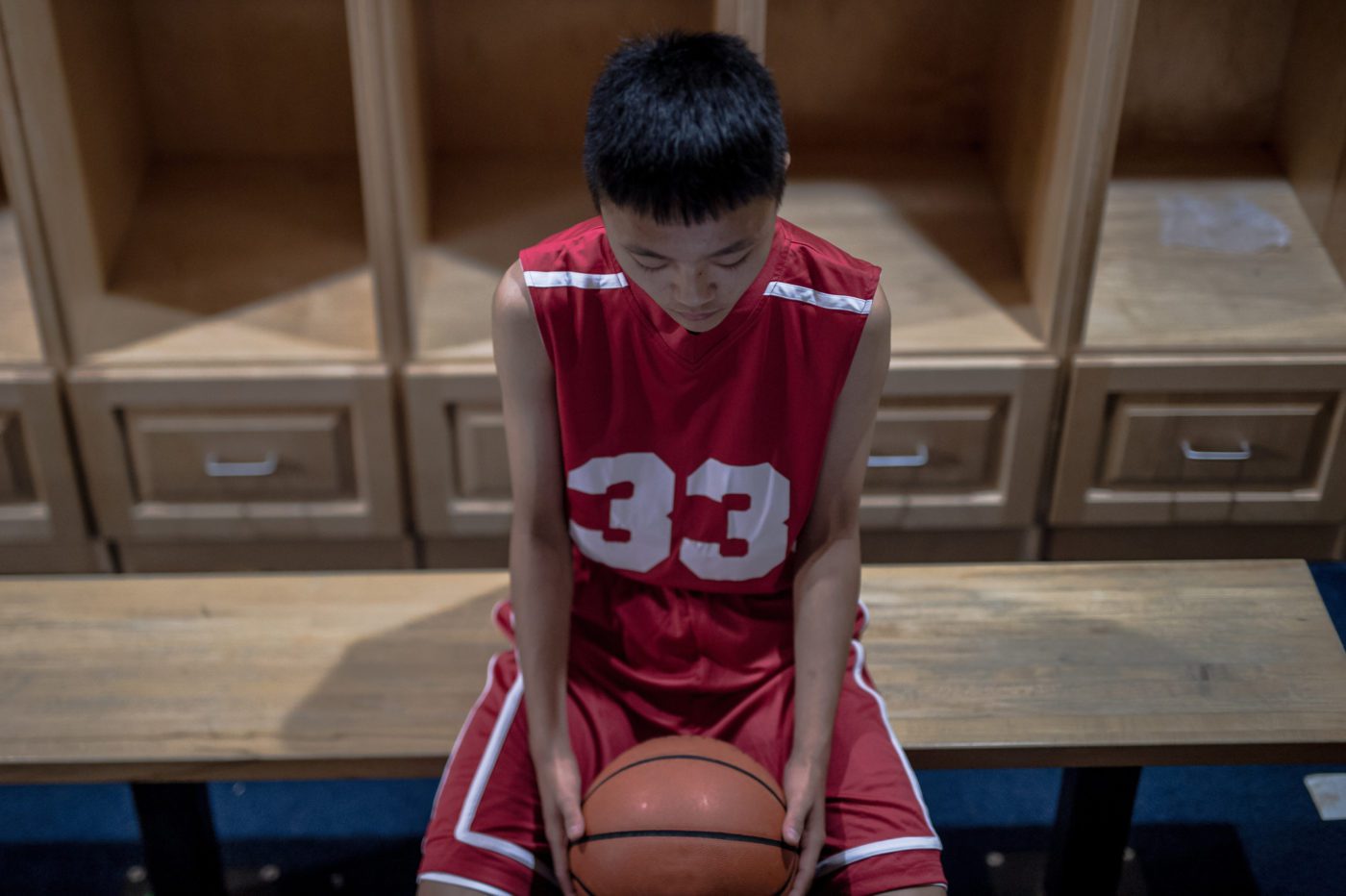Angela Duckworth, a professor at the University of Pennsylvania, studied the factors that make people successful. She and her research team observed people in various environments and different walks of life. They looked at West Point cadets, teachers, private company employees, and more asking which people would be successful. The characteristic that emerged among the most successful people was grit. The people who had “passion and perseverance for long-term goals” succeeded. It reminded me of when, after the St. Crispin’s Day speech from Henry V, the French asked him if he’d like to surrender before he’s “easily overthrown.” His answer? “I bid you, achieve me, and then sell my bones.” Translation: He will never surrender and never stop.
We all want our kids to have perseverance. They are going to face obstacles, and if they are going to be successful, they’ll need to overcome them. That will take the exact type of determination Duckworth talks about. But there are a couple of things that may threaten our kids’ ability to persevere. You can help your kids by addressing those things. Here are 5 hurdles kids need to overcome to persevere.
1. Fear
When I was in seventh grade, I entered a race. A quarter of the way in I started to feel tired. Immediately, I was hit with fear. I wondered how people would look at me if I performed poorly and finished the race worse than expected. So, I did something I had never done before—I quit. I stopped running and held my leg like I was hurt. For as long as I live, I’ll never forget how I let fear stop me from running. Our kids will be hit with many fears in their lives. They’ll wonder how they’ll be defined if they fail, what it will mean for their identity, and perhaps even their place in this world. They’ll probably fear pain. We have to teach them that it’s OK to fail and to experience pain and suffering. It teaches us, helps us grow and mature, and develops humility.
One of the greatest gifts you can give to your kids is to believe in them.2. Low Self-Esteem
A lack of belief in themselves is like a self fulfilling prophecy. It’s subtle, but their energy and efforts drop. In the 1980 Olympic ice hockey miracle game between the US and the Soviet Union, one of the Soviet players commented about how the young American players skated with incredible energy. They believed in themselves and that they could win. One of the greatest gifts you can give to your kids is to believe in them. If you believe, there’s a much better chance that they will believe in themselves. Then they’ll be less likely to wonder how to persevere. They’ll just do it.
3. Cynicism
I’ll be honest; I struggle with this one. It’s an internal fight for me not to think that the worst possible outcome will probably happen. It’s closely related to the last point, but a little different. A child may believe in his or her abilities while also thinking that the task ahead is insurmountable. Sometimes it is, but more often the goal can be achieved. Again, a cynical outlook ultimately affects our effort and performance. If our mind is telling us the outcome will be negative, it makes it easier to quit. Encourage your kids to be hopeful and optimistic. One of the best ways to do that is modeling it yourself. I’m writing this to myself more than to anyone else. Proverbs 23:18 says, “There is surely a future hope for you, and your hope will not be cut off.” Let’s all remember that and live it.
4. Lack of Resources and Support
When I was 11, my family moved from a place I loved to a new city. My adjustment was rough. I didn’t want to be at a new school. I wanted my old one with all of my friends. So, day after day, I went to the nurse and told her I was sick so I could be sent home. My dad finally came and told me he understood how hard it is, but he encouraged me to try. I went back to class and did exactly what he asked. It worked. My attitude changed, I made friends, and my situation improved. Our kids need our support, encouragement, and guidance. It’s a lot easier to persevere when we know there are people behind us.
5. Us
As strange as it sounds, we might be the biggest obstacle to our kids persevering. In an attempt to keep our kids from pain, we remove obstacles and resistance. But resistance builds strength and obstacles produce creativity and problem-solving. However, potentially worse than that, when we take care of the challenges in front of our kids, it communicates to them that we don’t believe they can do it. It shows such little faith in their abilities, strength, grit, or even their capacity to handle failure. Yes, there are times when we should step in, but we need to be really careful about when and how much. James 1:2–4 says, “Consider it pure joy, my brothers and sisters, whenever you face trials of many kinds, because you know that the testing of your faith produces perseverance. Let perseverance finish its work so that you may be mature and complete, not lacking anything.” Our kids need to experience that joy.
Sound off: Do you know how to persevere through difficult challenges? What has helped you?












Huddle up with your kids and ask, “What are the hardest things for you to do? What makes them hard?”